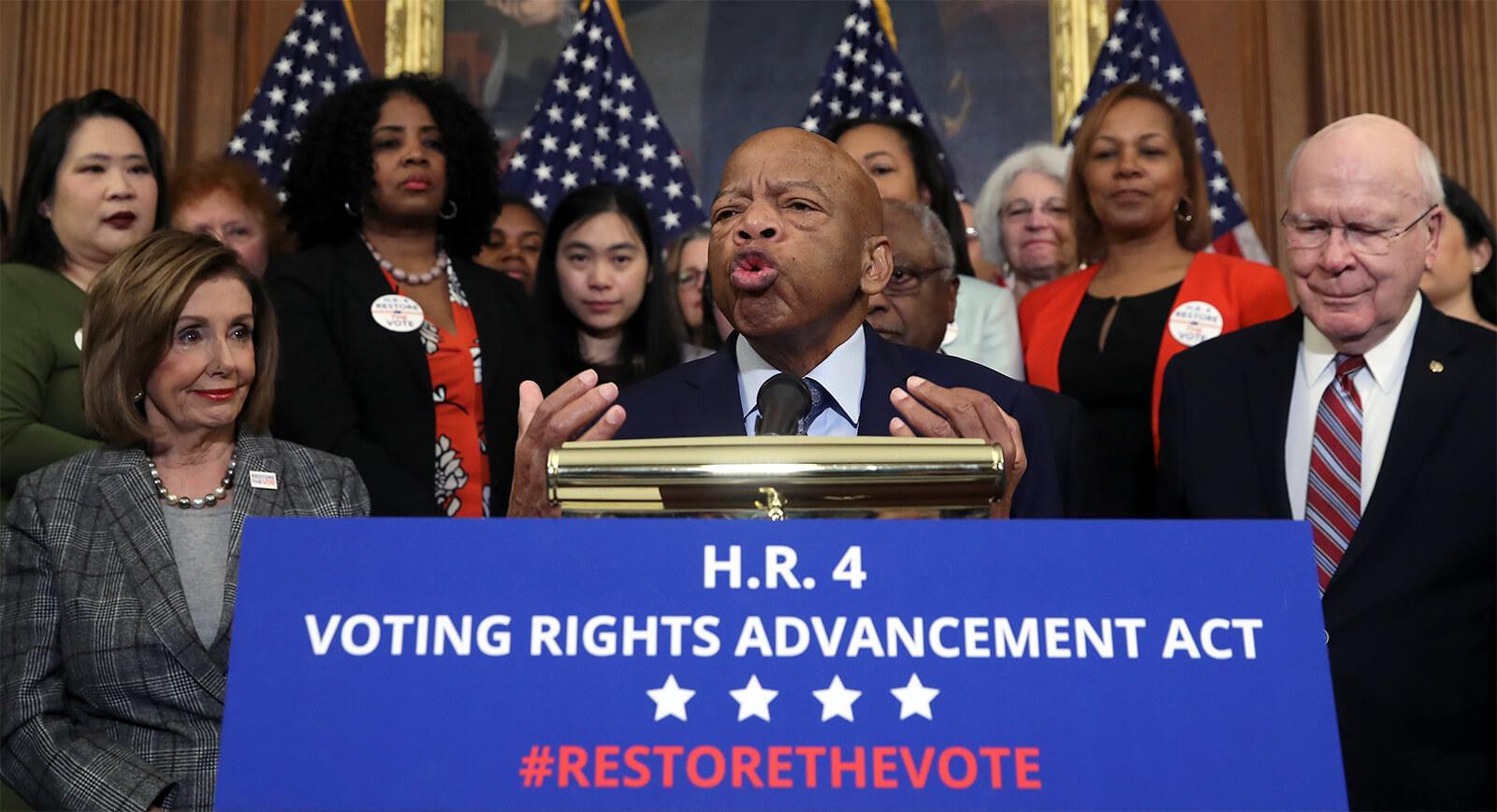The 1965 Voting Rights Act worked. In the years and decades that followed its implementation, the law helped minority voters make their voices heard, especially African Americans who had been discriminated against at the polls. As a result, our democracy became stronger.
But in 2013, despite bipartisan reauthorization of the law by Congress, the Supreme Court gutted it, ruling 5-4 that a key provision was no longer necessary because the Voting Rights Act had worked and the problem was fixed.
Such faulty reasoning was excoriated by Justice Ruth Bader Ginsburg in her dissent, where she wrote that doing away with the section requiring jurisdictions with a history of voter discrimination to get advance clearance from the federal government before changing their voting laws “is like throwing away your umbrella in a rainstorm because you are not getting wet.”
In effect, the ruling has enabled state and local governments to resume their discriminatory tactics and come up with new ones. In the last six years, as the American Civil Liberties Union (ACLU) points out, a “squall of voting restrictions” has surged across the country, including “photo ID laws, restraints on voter registration, voter purges, cuts to early voting,” and more. The voices of minority voters are being threatened.
That’s why AFSCME strongly supports the Voting Rights Advancement Act of 2019, which the House of Representatives passed today by a vote of 228-187. Its goal is to restore such voting rights protections by updating the language of the law.
The bill, also known as H.R. 4, “is needed to restore fairness” in the electoral process, wrote Christopher Mabe, president of the Ohio Civil Service Employees Association (OCSEA)/AFSCME Local 11, in a letter to Ohio House members. “It establishes a new coverage formula based on voting rights violations over the preceding 25 years in a state’s political subdivisions. It also responds to nationwide discrimination … for known disenfranchisement techniques and approaches that disproportionately affect communities of color.”
Ohio is among the jurisdictions that has experimented with disenfranchisement since the Shelby ruling. If not for volunteers who mobilized to avert injustice, some 40,000 people would have been purged from voter rolls this year.
AFSCME urges the Senate to pass H.R. 4.
“There is perhaps no more important pillar of our democracy than the right to vote,” AFSCME President Lee Saunders said in a statement. “Restoring equal access to the ballot box is long overdue, especially for those who have historically faced systematic discrimination and voter suppression.”

